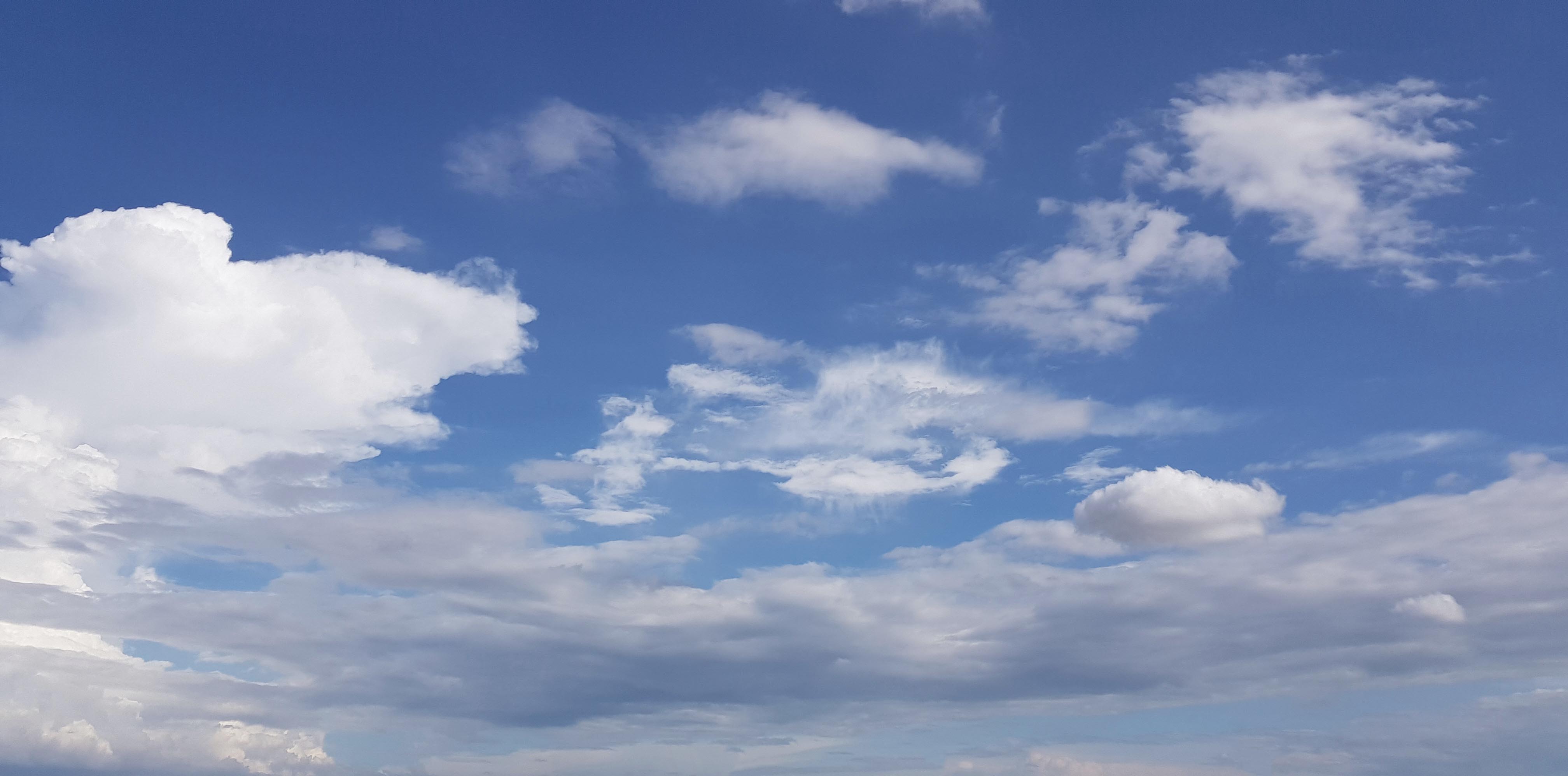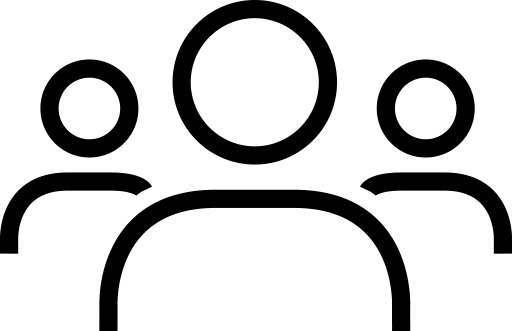In the late 1990s, people around the world began to live in a state of rising fear of two missing numbers.
The computer bug known as Y2K threatened to wreak havoc on the global infrastructure through the tiniest of details: computers being programmed to represent years in two digits (“99”) instead of four (“1999”). Headlines warned that systems would go haywire — crashing planes, freeing prisoners, and potentially leading to “The End of the World as We Know It?” as a 1999 Time Magazine cover posed.
We laugh at Y2K today like it was just another Skidz-like ‘90s fad, but that’s only because computer scientists successfully fixed the bug. (The immovable deadline helped: computer scientists had raised alarm over this exact issue since the 1950s but it took until basically the night before for anyone in charge to do something about it.)
Continue reading

